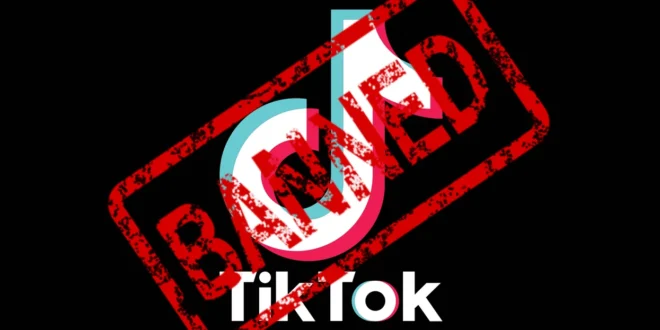Morocco Launches Nationwide Crackdown on Smuggled and Expired Food
Moroccan customs authorities have initiated a comprehensive nationwide operation targeting warehouses and retail outlets that sell smuggled and expired food products. This move follows the emergence of viral TikTok videos highlighting the sale of suspiciously low-cost imported goods, which sparked public concern and prompted official action.
The General Directorate of Customs and Indirect Taxes has deployed its risk analysis unit to coordinate inspections across various regions. These efforts involve collaboration with local economic departments in several prefectures to ensure a coordinated approach. The primary objective of this operation is to verify the origin of goods and scrutinize accompanying documentation, as reports indicate that many products are entering the market through smuggling channels. These goods often come with manipulated invoices and altered expiration dates, posing serious risks to consumers.
Investigations have uncovered extensive networks operating throughout the country, utilizing warehouses located on the outskirts of cities and near major highways as key distribution hubs. Customs officials are working closely with local authorities to identify these storage sites and conduct raids. The focus is on sellers who attempt to conceal the true origins of their goods through falsified paperwork, which is a common tactic among illicit traders.
According to sources, the activities of these networks tend to intensify during the summer months, allowing for the rapid movement of large volumes of contraband. Initial inspections have already revealed the presence of expired or unsafe food items, leading to potential prison sentences of up to two years for those involved.
To strengthen their anti-smuggling strategies, the customs service is collaborating with the Ministries of Health and Agriculture, as well as international partners such as the World Customs Organization. Over the past few years, authorities have seized hundreds of tons of contraband goods that failed health standards, including frozen meat, fish, cheese, and other perishable items.
Officials suggest that smugglers are capitalizing on rising local prices and inflation to push these goods into the market, appealing to consumers seeking more affordable alternatives. The current crackdown will specifically target warehouses and stores in major cities such as Casablanca, Salé, Kenitra, and Tangier, based on a list of suspected locations and individuals compiled by customs investigators.
The network often operates under the guise of small businesses, renting warehouses as distribution hubs. These operations are supported by fabricated documentation designed to evade legal scrutiny. As the crackdown continues, authorities remain committed to ensuring the safety of the food supply chain and protecting consumers from the dangers associated with illicit trade.
This initiative highlights the growing concern over the impact of illegal food trade on public health and the economy. With increased coordination and stricter enforcement measures, Moroccan authorities aim to dismantle these networks and restore consumer confidence in the marketplace.
 Info Malang Raya Its All About World News
Info Malang Raya Its All About World News




